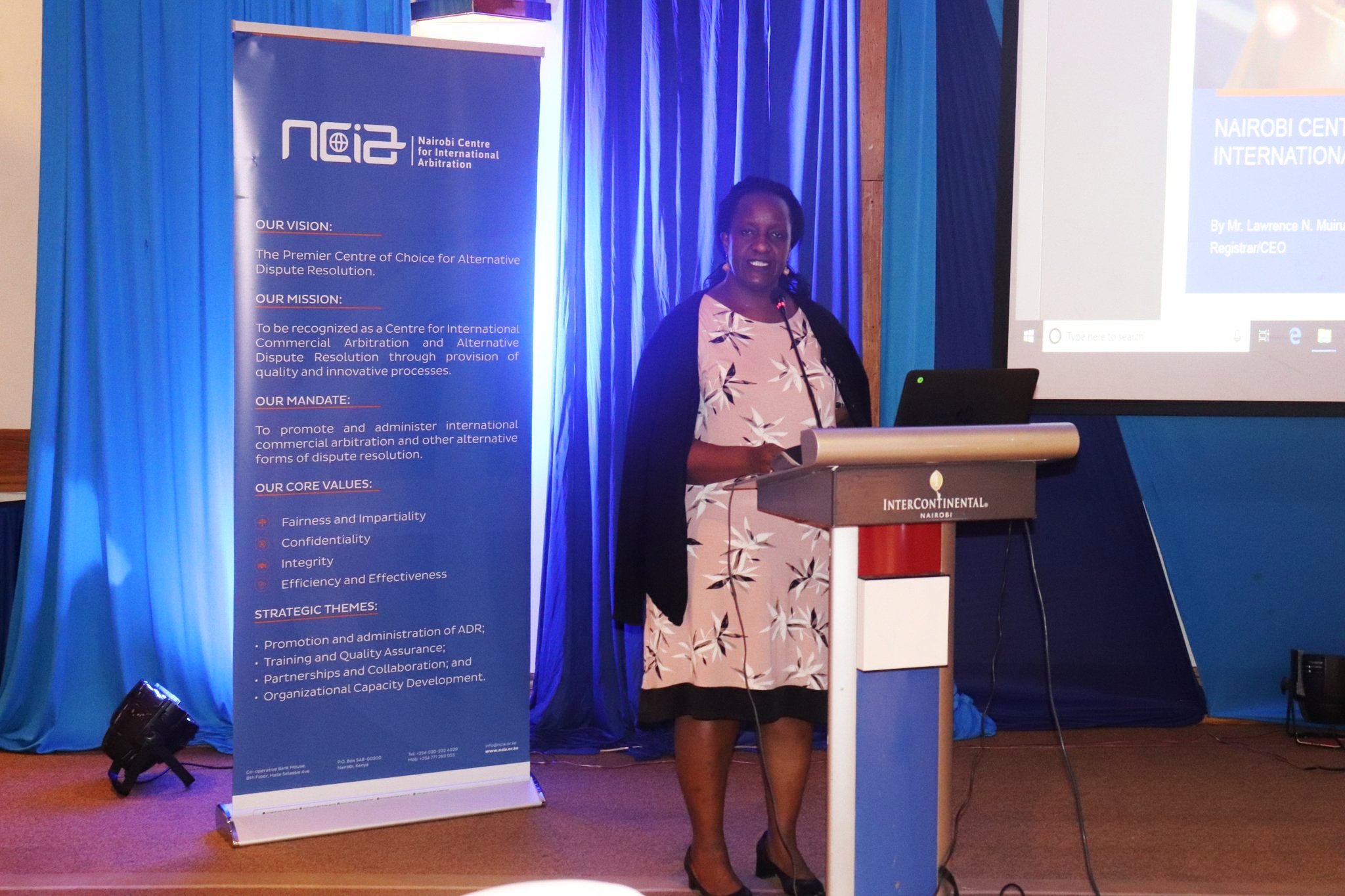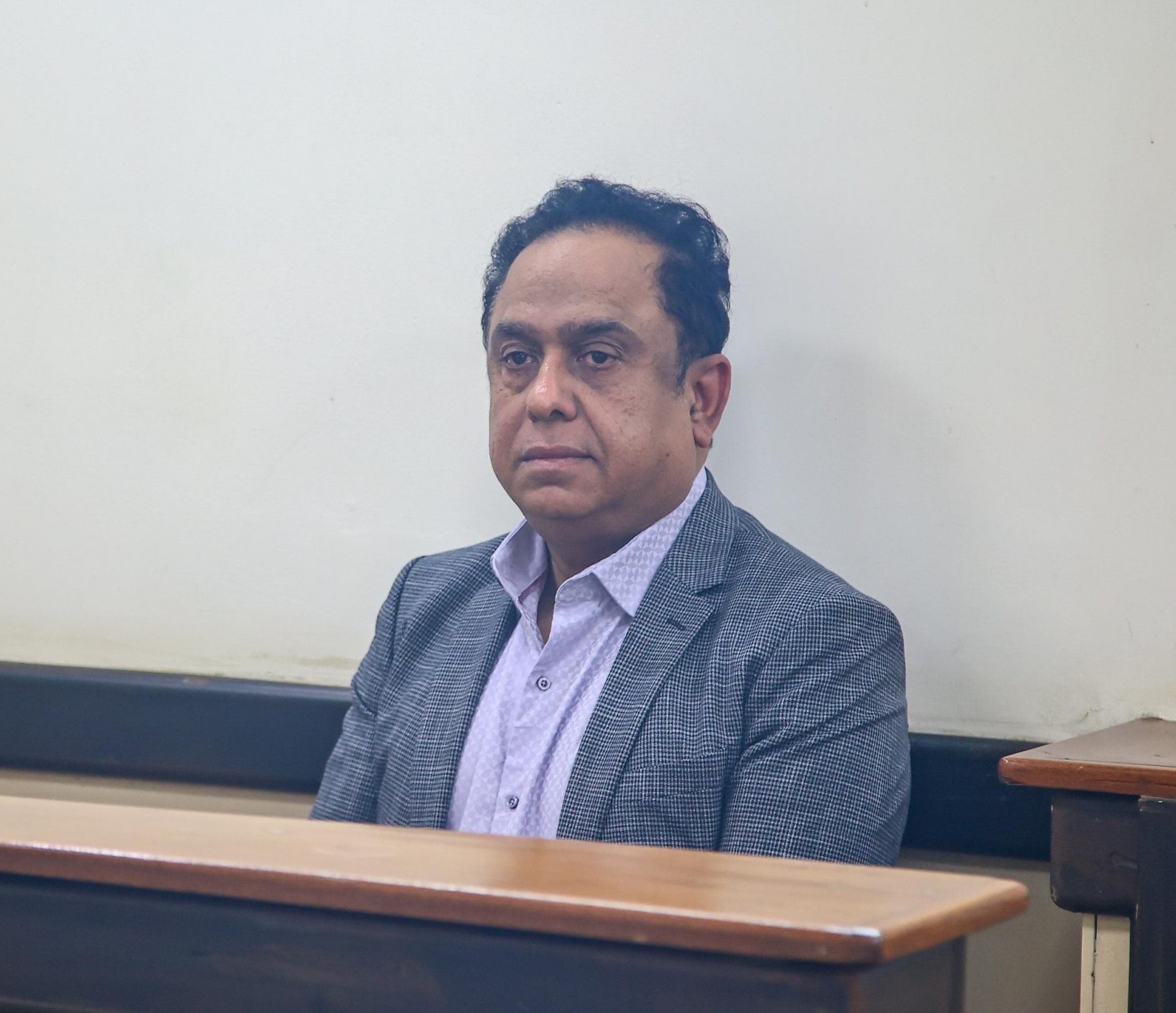The Working Committee on Legal Education Sector Reforms has recommended an upward review of examination fees for the Advocates Training Programme (ATP), citing the Council for Legal Education’s (CLE) dire financial position following a significant budget cut.
In a report chaired by Christine Agimba, the committee expressed concern that the CLE’s core mandate, administering ATP examinations, has been severely hampered after its budget allocation of KSh202.7 million was withdrawn. As a result, CLE is currently reliant on examination fees alone to sustain its operations.
The ATP is an intensive 18-month programme that includes written, oral, and project-based assessments, with two exam sittings conducted annually in April and November. At present, a regular student pays KSh5,000 per paper, amounting to KSh45,000 for the full set of nine exams. However, the CLE has stated that this fee structure is no longer financially viable.
“The Committee recommends the reinstatement of CLE’s budget for the financial year 2024/2025 amounting to KSh202.750 million to enable it discharge its core mandate. The Committee further recommends that the CLE considers increasing the examination fees,” the report states.
Students raised concerns about the high costs of re-sits and re-marking, which currently stand at KSh10,000 and KSh15,000 per paper, respectively. In contrast, most universities charge a nominal fee of KSh1,000 for resits and typically do not charge for re-marks.
To address student concerns and promote equity, the committee also recommended the harmonisation of fees across regular exams, resits, and re-marks. It urged CLE to embed examination fees within the proposed legal education regulatory framework to ensure transparency and legal clarity.
Calls by students to have access to marked examination scripts were dismissed. The committee agreed with CLE’s stance that such a move would be inconsistent with the practices of other examination bodies, such as the Kenya National Examination Council (KNEC) and the Kenya Accountants and Secretaries National Examinations Board (KASNEB), which do not release marked scripts to candidates.
Instead, the committee urged CLE to enhance transparency by publishing revised examination guidelines. CLE noted that it had already formed an ad hoc examination reforms committee to address integrity issues within the assessment process.
The recommendations come amid growing scrutiny over the accessibility and affordability of legal education in Kenya and may mark the beginning of broader reforms in the legal training ecosystem.





